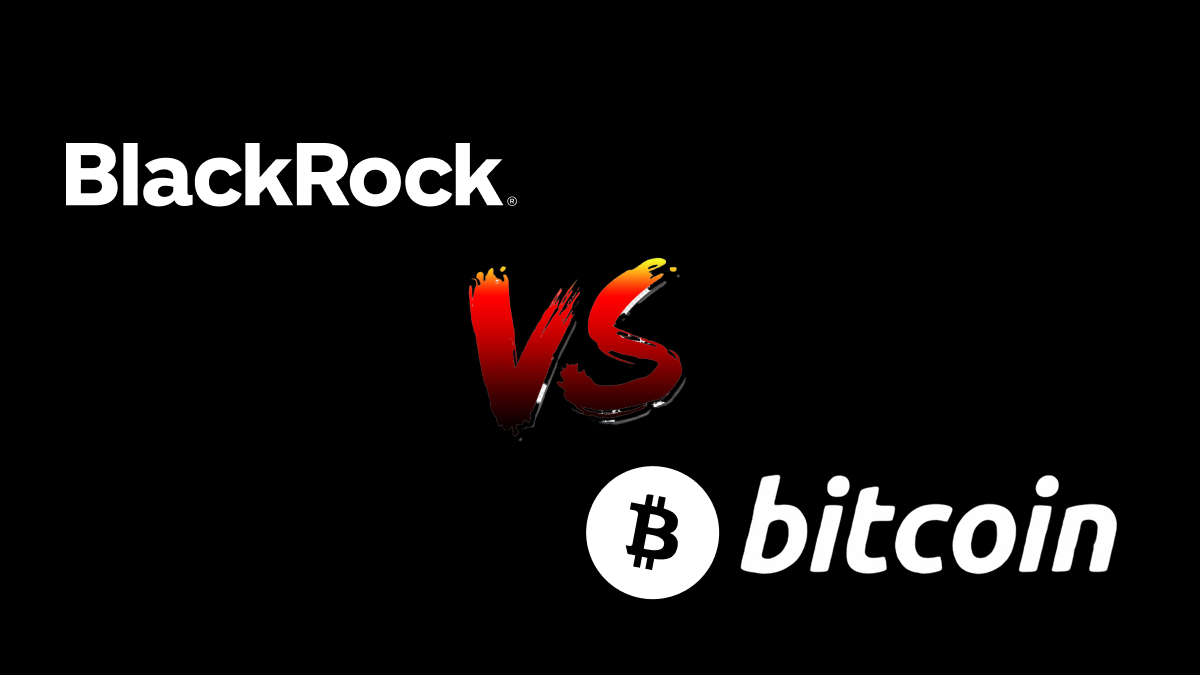Cryptocurrencies have taken the financial world by storm, and with their rising popularity, we’ve seen the emergence of crypto ETFs like those for Bitcoin, Ethereum, and Solana. While these ETFs offer exposure to crypto markets through traditional investment vehicles, there are some compelling reasons why owning cryptocurrencies directly can be advantageous.
After-Hours Trading
One of the most significant advantages of owning cryptocurrencies directly is the ability to trade 24/7. Unlike traditional markets and most ETFs, which typically trade only during market hours, cryptocurrency exchanges never close. This round-the-clock access allows investors to react immediately to news or market movements, regardless of the time of day.
For example, the iShares Bitcoin Trust (IBIT) shown in the first image trades on the Nasdaq, which has specific market hours. In contrast, Bitcoin itself, as seen in the second image, trades continuously. This difference can be crucial during volatile periods or when significant news breaks outside of regular market hours.
Capturing After-Hours Swings
Related to 24/7 trading is the ability to capture value from after-hours price swings. The crypto market is known for its volatility, and significant price movements often occur outside of traditional market hours.
The Bitcoin price chart shows considerable movement during times when the IBIT ETF isn’t trading. Direct crypto owners can take advantage of these swings, potentially buying dips or selling rallies that ETF investors might miss.
Staking Opportunities
Many cryptocurrencies, particularly those using Proof-of-Stake consensus mechanisms, offer staking rewards. Staking involves holding coins in a wallet to support network operations, and in return, stakers receive additional coins as rewards. This is essentially like earning interest on your crypto holdings.
ETFs typically don’t offer staking rewards to their investors. By owning cryptocurrencies directly, investors can participate in staking and potentially earn additional returns on their holdings.
Lower Fees
While ETFs provide a convenient way to gain crypto exposure, they often come with management fees. Direct ownership of cryptocurrencies eliminates these ongoing fees, potentially resulting in cost savings over time, especially for long-term holders.
True Ownership and Use Cases
Owning cryptocurrencies directly means you truly own and control your assets. This allows you to use them for their intended purposes, whether that’s as a medium of exchange, participating in decentralized finance (DeFi) protocols, or engaging with Web3 applications.
Conclusion
While crypto ETFs offer a familiar and regulated way to gain exposure to the cryptocurrency market, direct ownership of cryptocurrencies provides distinct advantages. The ability to trade 24/7, capture after-hours price movements, participate in staking, potentially save on fees, and utilize cryptocurrencies for their intended purposes make direct ownership an attractive option for many investors.
However, it’s important to note that direct cryptocurrency ownership comes with its own set of responsibilities and risks, including secure storage and potentially higher volatility. As always, investors should carefully consider their options and consult with financial professionals before making investment decisions.
